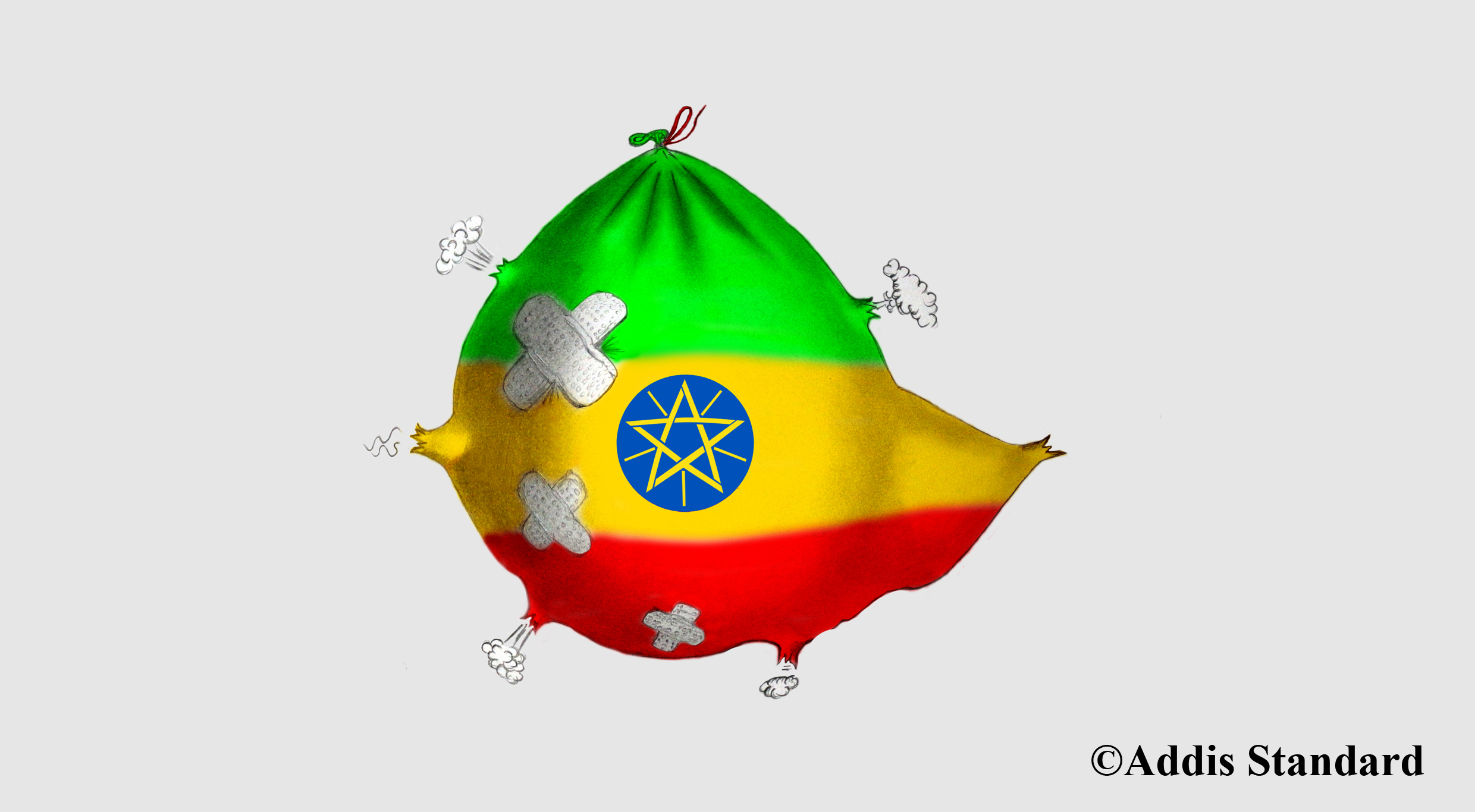In late July of 2015, President Barack Obama praised Ethiopia as a “model of development,” an example of a young democracy and an effective ally of the West in the war against terror. Three months later, the country was rocked by massive protests in the Oromia region demanding an end to the one-party stranglehold on the political landscape, ethnic discrimination in allocating national resources, and the rule of violence in Ethiopia. In response, the state turned to coercion and violence to put down the uprising.
The dramatic turn of events has exposed a structural weakness in the Ethiopian state, one which John Markakis has called the failure of nation-building. After the #OromoProtests, the Ethiopian state is unlikely to continue business as usual. First, the use of external endorsement as a leverage to seek internal legitimacy has limits. Second, state violence further delegitimizes the state, necessitating further coercion. In this cycle of violence, the state is unlikely to win a protracted conflict against its own population. In time, the state recedes, extra-state entities will step up to supplant the state and provide social services and security for its populations. In this situation, state collapse becomes imminent.
A one-day symposium at SOAS, University of London, will explore how apparently strong state institutions eventually produce weaknesses that in turn initiate tendencies towards coercion, illegitimacy and fragility. By addressing this phenomenon historically and ethnographically the symposium intends to examine new frameworks for understanding the Ethiopian state and the changing contours of political legitimacy.
A more detailed programme will be available soon.


